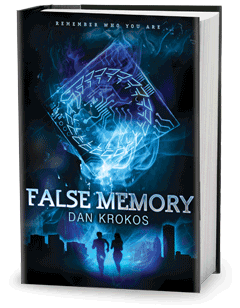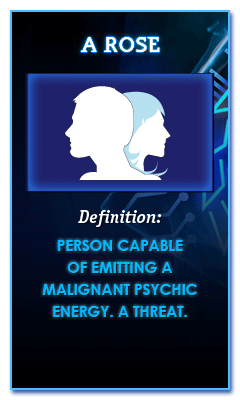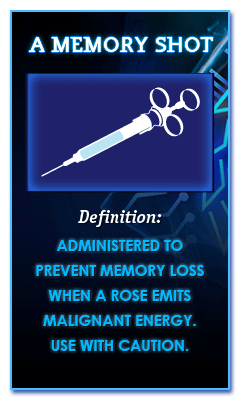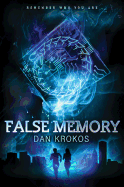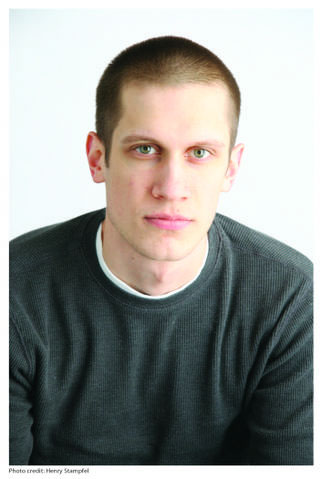False Memory
by Dan Krokos
In his engrossing debut novel set in a futuristic world, the first in a planned trilogy, Dan Krokos zeroes in on four teens trying to determine their own futures while they remain unsure of their past.
When 17-year-old Miranda North, who narrates, wakes up in a mall, she knows only two things about herself: her age and her name. She has no idea who she is, why she's there or where she belongs. She realizes from her sighting of the Terminal Tower that she must be in Cleveland, and Krokos give the first hint at the humor sprinkled throughout the story: "What bad luck to wake up in Cleveland.... Not San Diego or Dallas, or a place where the sun shines more than three days a year," she thinks. She asks a mall security guard for help, explaining, "I lost my memory." He thinks she's messing with him and gives her a hard time. The mall cop seems more resentful toward Miranda than helpful, and when he places a hand on her shoulder, something snaps; her martial arts instincts kick in. She flips the mall cop onto his back. Miranda feels as if her brain "has been replaced by a huge glowing coal." The mall's patrons begin to stampede, some of them leaping to their deaths in panic. She can't figure out what triggered their reaction or how. Just when she thinks she's completely alone, she looks up and sees someone--a guy around Miranda's age, and he smells like roses.
Krokos successfully places us in Miranda's shoes. As readers, we know only what Miranda tells us, and she knows only what other people tell her. The one person left in the mall after the tragic mass exodus is Peter, and he reassures Miranda that what happened was "not your fault." He explains that when she felt threatened by the cop, Miranda "released a burst of psychic energy," which affected the brains of the mall patrons. An energy that smells like roses. She used to be able to control it, before her memory loss. She'd noticed other automatic responses, such as scanning for hiding places: "No thought involved, only movement, which is scary when you think about it." Peter says that the two of them are part of a foursome who've grown up together. When he takes her to their underground compound, she has warm feelings for Dr. Tycast, who runs the place. Noah and Olive, the other half of their foursome, ran away. Why?, Miranda wonders. Peter thinks Miranda had not planned to go with them. Is he right? Will she ever know for sure?
The crux of teen life is not knowing quite where you stand, and Krokos exploits this universal truth to brilliant effect. Miranda and Peter go out in search of Noah and Olive, following a tracking system that Peter had planted. Peter seems the most grounded, yet as events unfold, we learn that Noah had access to information that Peter does not have--information that concerns their safety. Noah learns of a renegade named Rhys, who could hold the key to the foursome's role in whatever experiments are going on, and whoever is controlling their minds. But can they track down Rhys? And even if they do, can or will Rhys help them? Other questions continue to plague Miranda. She learns that Noah was her boyfriend. Then why did he leave her behind and take Olive with him instead? Much of Miranda's journey is about learning whom she can trust. The teens believe they are being trained to act as peacekeepers, but with Miranda's violent knee-jerk response to the cop, she believes they are hard-wired for violence. The four join forces to search for answers and discover they are part of a far larger plot than they'd ever imagined. At one point, Miranda realizes, "The past isn't mine. It died... in that alley. But the future can be." Through Miranda's realization, Krokos emphasizes one of life's great truths: that we cannot change the past; all we have are the choices we make as we move forward. Miranda's epiphany may well be a relief to teens who believe that their future has already been determined for them. Miranda would say it's just beginning.
Krokos provides enough answers to bring this gripping launch to his trilogy to a solid conclusion, but he also raises a cliffhanger question that will ensure readers' return for the second installment. --Jennifer M. Brown



